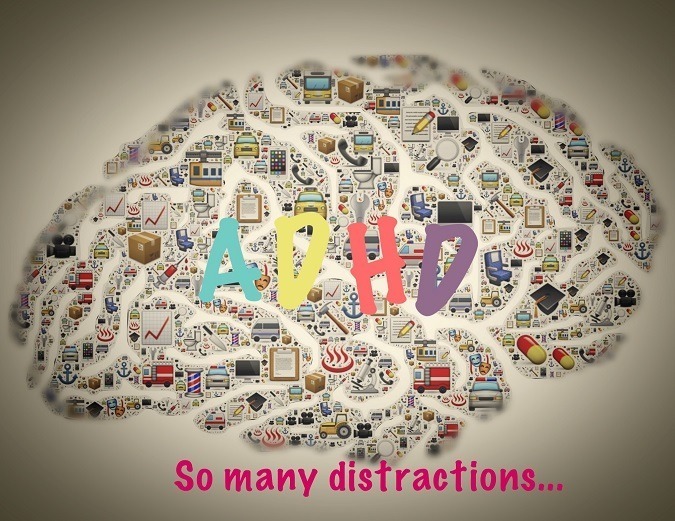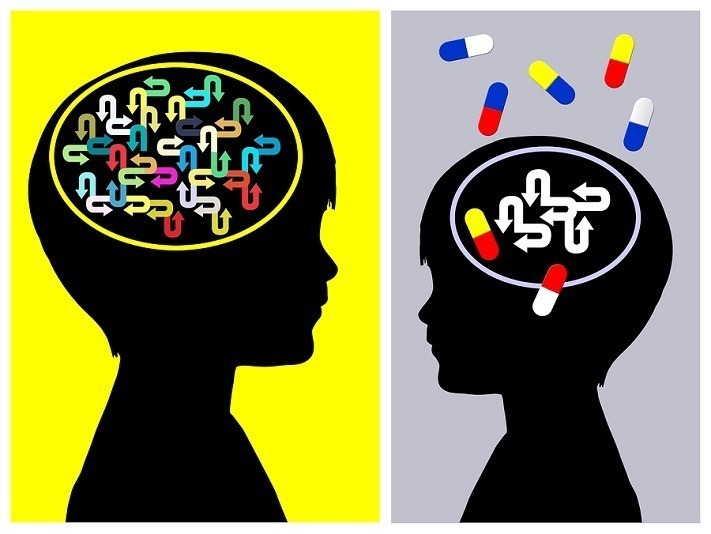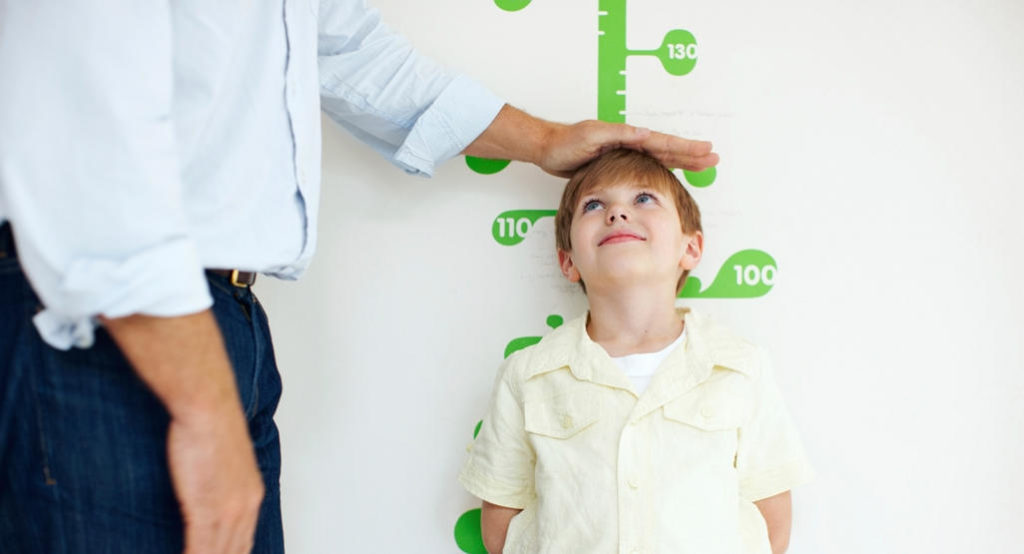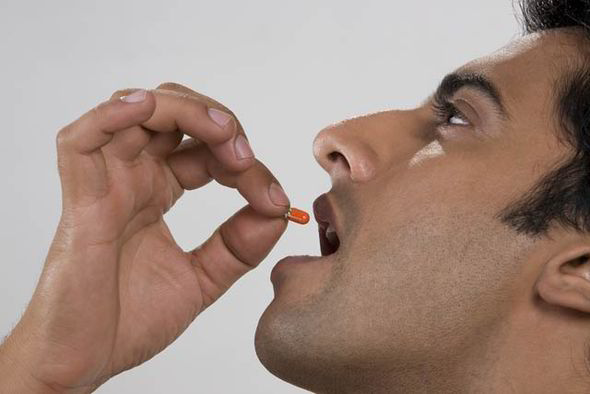Posts Tagged ‘medication-treatment’
Study: Self-guided internet-delivered treatment can significantly reduce ADHD symptoms among adults
Although ADHD was originally considered to be a disorder of childhood, it has been clear for years that it also impacts adults. At least 60% of children diagnosed with ADHD struggle with symptoms into adulthood and the estimated prevalence of ADHD in adults is between 4 and 5%. As with children and teens, medication treatment is…
Read MoreWhat should come first to treat ADHD in children, behavior therapy or stimulant medication?
Stimulant medication treatment and behavior therapy are currently the two child ADHD treatments with the strongest research support. However, when parents begin treatment for their child, or when professionals are initiating treatment with a new client, there is no research to guide the decision of which approach to begin with. Is it better to start with…
Read MoreConsistent use of ADHD medication may stunt growth by 2 inches, large study finds
___ The Multimodal Treatment Study of ADHD (MTA Study) is the largest ADHD treatment study ever conducted — nearly 600 7–9‑year-old children with ADHD were randomly assigned to one of four interventions: 1) Carefully monitored medication treatment; 2) Intensive behavior therapy; 3) Medication Treatment combined with Behavior Therapy; or 4) Community Care (parents obtained whatever treatment…
Read MoreStudies reinforce the critical importance of ADHD treatment monitoring
__________ As the new school year approaches, let me highlight the essential value of ADHD treatment monitoring. Even when a child’s treatment has been going well, response to treatment can change over time. This is true for medication treatment, or any other treatment a child is receiving. By regularly monitoring how a child is doing…
Read MoreStudy: Common medication treatments for PTSD can increase the risk of developing dementia
—– Drugs for PTSD linked to increased risk of dementia (The Pharmaceutical Journal): “Certain psychotropic drugs used to treat post-traumatic stress disorder (PTSD) increase the risk of developing dementia, including in patients who do not have PTSD but take the drugs for other conditions, study results published in the Journal of the American Geriatrics Society
Read MoreHow children’s ADHD symptoms affect parents’ feelings & parenting behavior
——- ADHD in children puts stress on parents. In fact, parents of children with ADHD report greater parenting stress, less satisfaction in their parenting role, and more depressive symptoms than other parents. They also report more negative interactions with their child. This is certainly not true in all families where a child has ADHD but…
Read More





